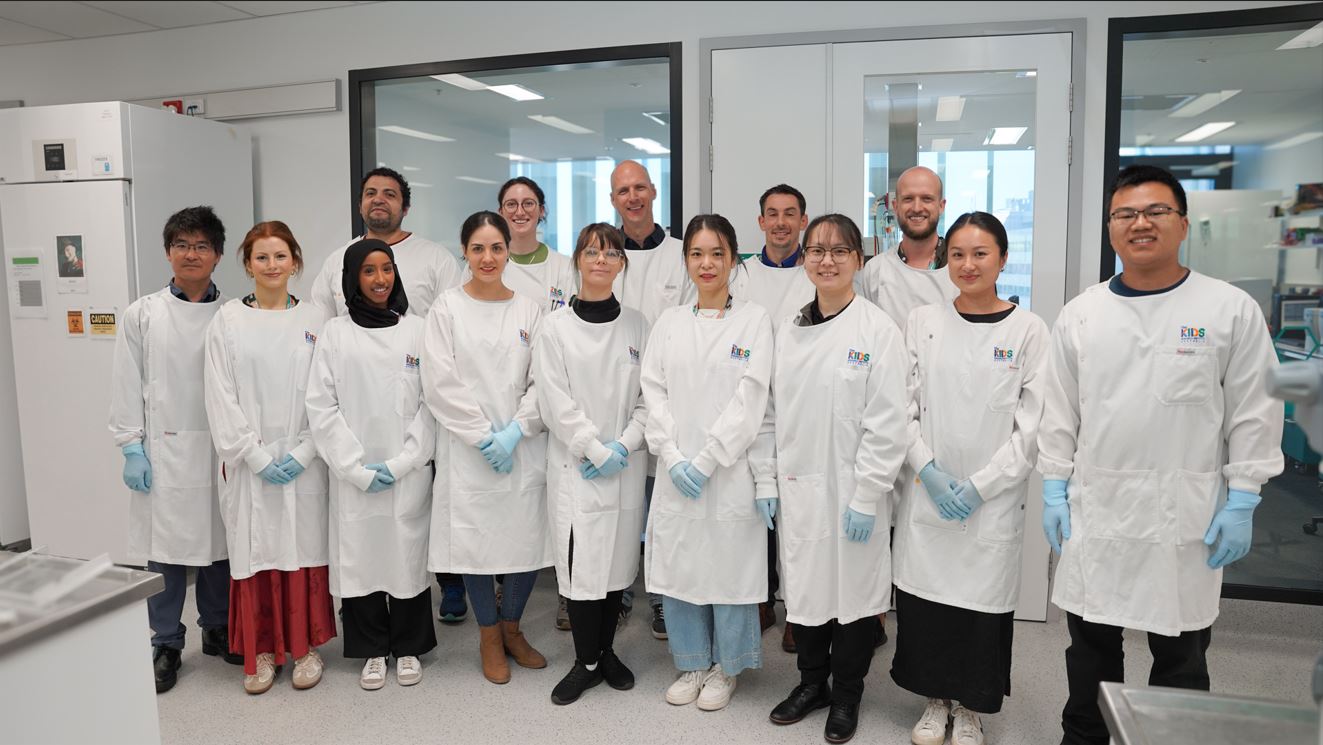Search

We aim to discover and develop safer and more effective treatments by doing inventive and rigorous research to improve outcomes for kids with cancer.
Burn injuries are common and often life-threatening trauma. With this trauma comes an interruption of normal hemostasis, with distinct impacts on platelets.
Introduction Grades 2 and 3 gliomas (G2/3 gliomas), when combined, are the second largest group of malignant brain tumours in adults. The outcomes for G2/3 gliomas at progression approach the dismal outcomes for glioblastoma (GBM), yet there is a paucity of trials for Australian patients with relapsed G2/3 gliomas compared with patients with GBM.
We present the case of a prepubescent man of African descent who developed a spitzoid melanocytic proliferation showing evidence of a novel promoter hijacking ALK-C2orf42 rearrangement, with atypical histology, clinically apparent metastatic disease, and abnormal cytogenetic findings, representing a rare genuine case of "Spitz melanoma of childhood."
There is a strong theoretical rationale for combining checkpoint blockade with cytotoxic chemotherapy in pleural mesothelioma and other cancers.
Immunotherapy has revolutionised the treatment of cancers by exploiting the immune system to eliminate tumour cells. Despite the impressive response in a proportion of patients, clinical benefit has been limited thus far.
Cytomegalovirus (CMV) is a common opportunistic infection encountered in renal transplant recipients (RTRs) and may be reactivated without symptoms at any time post-transplant.
Dietary vitamin D3 increased the suppressive activity of regulatory T cells in the skin-draining lymph nodes, which are poised to suppress dermal inflammation
Early excision of the wound, during the phase of immune down-regulation initiated by the burn, maintains an innate and adaptive immune cell response
Predicting treatment response or survival of cancer patients remains challenging in immuno-oncology. Efforts to overcome these challenges focus, among others, on the discovery of new biomarkers. Despite advances in cellular and molecular approaches, only a limited number of candidate biomarkers eventually enter clinical practice.
